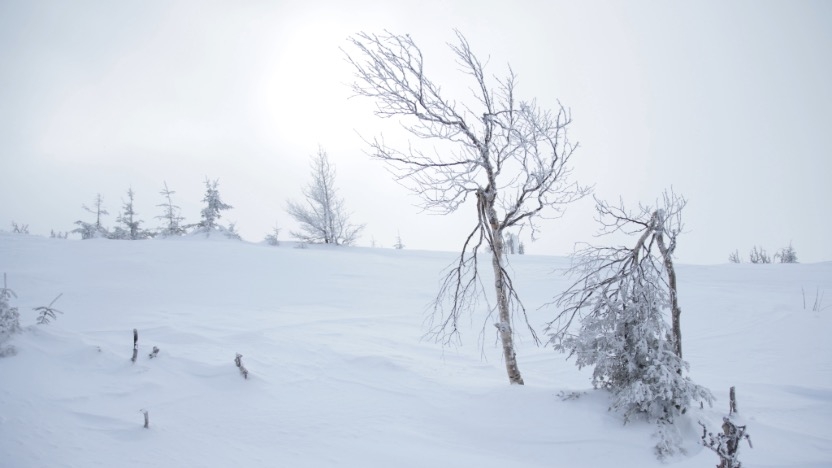Leave No Trace Principles

The 7 Principles of Leave No Trace provide a framework of minimum impact practices for anyone visiting the outdoors.
The Principles can be applied anywhere — from remote wilderness areas, to local parks and even in your backyard. Each Principle covers a specific topic and provides detailed information to empower you to minimize your impacts.
Plan Ahead and Prepare
This is probably the most important principle when helping others to prepare for their outdoor experience. When your group plans ahead and prepares, it helps to accomplish trip goals safely and enjoyably while simultaneously minimizing damage to the land.
Poor planning often results in a less enjoyable experience and damage to natural and cultural resources. You should know the area and know what to expect, keep group size to ten in the Greens and eight in the Adirondacks, prepare for extreme weather, hazards, and emergencies, select appropriate equipment, and repackage food.
Travel and Camp on Durable Surfaces
The goal of traveling outdoors is to move through natural areas while avoiding damage to the land, foliage, or waterways. Understanding how travel causes impacts is necessary to accomplish this goal: By concentrating traffic onto a narrow ribbon of soil, trails help protect natural areas by limiting the trampling of vegetation and disturbance of habitat that off-trail travel sometimes causes.
However, trails degrade over time and require constant upkeep. Uninformed visitors greatly hasten the degradation of trails when they cut switchbacks or ignore trail closures. Worse yet, user-created “social trails” can lack important features of properly designed ones, leading to greater erosion and heightened impacts on plants and animals. It could take 10-30 years for an ecosystem to recover from irresponsible off-trail hiking or camping.
In popular areas, including most of the eastern US’s public lands, it is important to concentrate use in impacted areas. Concentrating the impact of campers in one small area prevents damaging more pristine sites. Established trails and campsites are thus considered as durable surfaces, in addition to rock, gravel, and dry grasses or snow.
Dispose of Waste Properly
The waste humans create while enjoying outdoor spaces can have severe impacts if not disposed of properly. It is crucial to anticipate the types of waste you will need to dispose of and know the proper techniques for disposing of each type of waste in the area you are visiting. Proper disposal of waste protects water sources, minimizes the spread of disease (i.e. Giardia) and lessens the negative visual impacts on other visitors.
Leave What You Find
The items we find in nature have a role to play, either in the ecosystem or the story of the landscape. Leaving what we find in place helps to preserve both. Allow others a sense of discovery by leaving rocks, plants, archaeological artifacts, and other objects of interest as you find them. Avoid introducing or transporting non-native species. Do not build structures, furniture, or dig trenches.
Minimize Campfire Impacts
The natural appearance of many areas has been degraded by the overuse of fires and increasing demand for firewood. Moreover, wildfires continue to threaten outdoor spaces and are primarily caused by humans. Campfires can cause lasting impacts on the environment. Know and follow fire restrictions, always carry a stove, and minimize the use of fires.
Respect Wildlife
Whenever you are in an outdoor space, you are in the natural habitat of many wild animals and should work to minimize your impact on them. As more and more people spend time in nature, human-wildlife conflicts are on the rise. Approaching wildlife too closely can quickly lead to unintended and damaging consequences. In addition, human interaction with wildfires can also cause a decline in the ecosystem’s health, and relocate or even euthanize animals. All these impacts can be avoided if visitors respect wildlife on all outdoor trips.
Keep wildlife wild, feed yourself, not wildlife, consider the basic needs of wildlife, prevent unnecessary pollution, wildlife and habitat are one and the same.
Be Considerate of Others
This principle was recently updated to remove the word “visitors” as many humans have called the backcountry home for generations.
This is an incredibly important principle for groups! Excessive noise and damaged surroundings detract from the experiences of other people. Being considerate of others ensures everyone can enjoy nature no matter how they interact with it.
© Leave No Trace. For more info about Leave No Trace principles, check out LNT.org.

